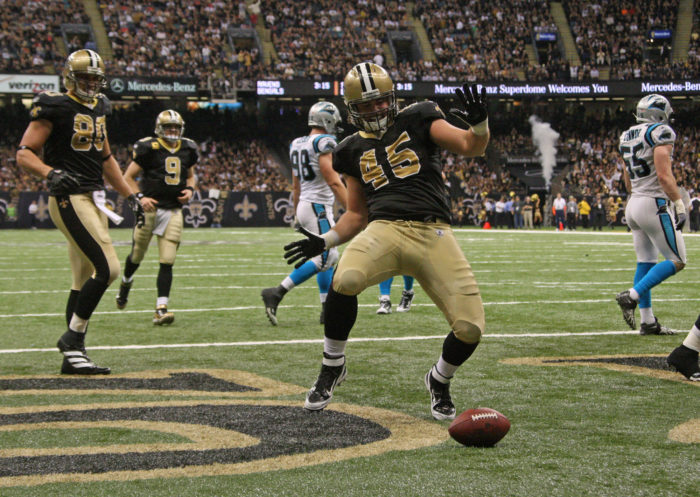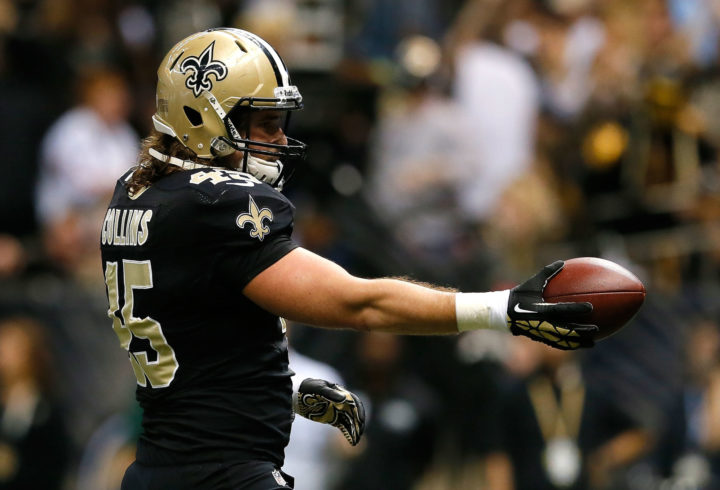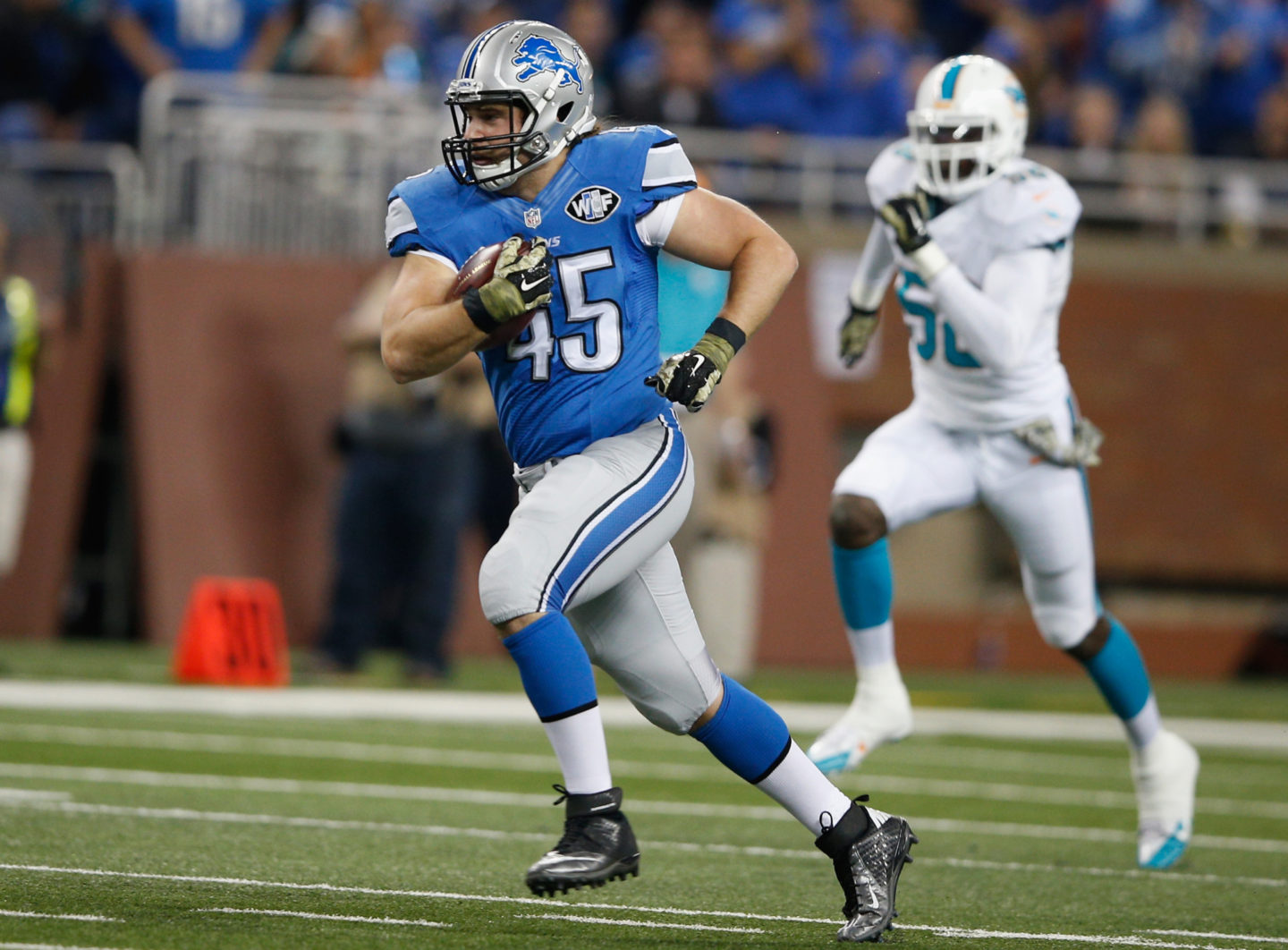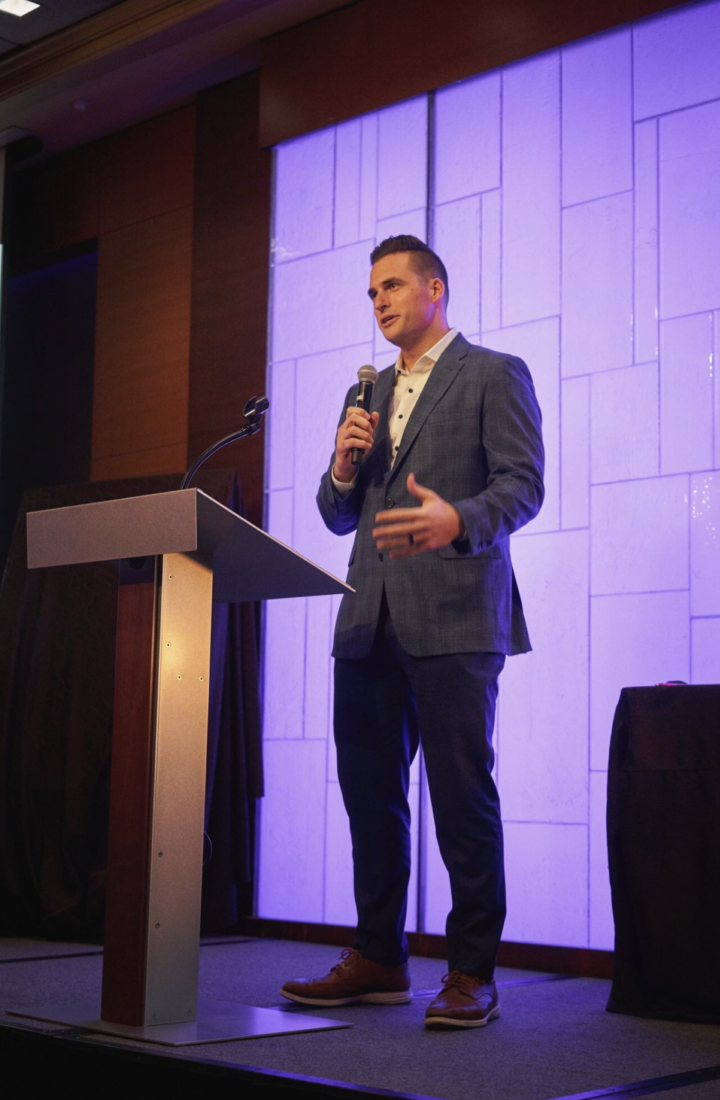That check started me out on the journey, and as I got educated, I realized guys within the locker room needed that education again, even if they had a business degree.
I was supposed to be the one who had some answers, but I didn't have them until I started studying and got that CFP designation. And so, with that, I started to educate and empower guys on teams wherever I was. I would try to find some of the young cats, even some of the veterans, and explain our benefits package, cash management, what an index is, etc. I found that I enjoyed that educational atmosphere – I really got fulfillment out of teaching. So, as I was becoming a financial advisor on the side, I would go out and teach colleges and high schools the basics of money. This “side hustle project” had become a passion.
As I started to teach other guys in the locker room, I realized the problem everybody wants to highlight and point to is, "big dumb jocks don't know what to do with their money." The reality is NOBODY knows what to do with their money.
Walking into an NFL locker room is the beginning of the dream, but it's not the end. The real dream of the NFL is to leave the game with the dream intact, not to just enjoy it while you’re there. That is the challenge and the premise of the business I've started.




